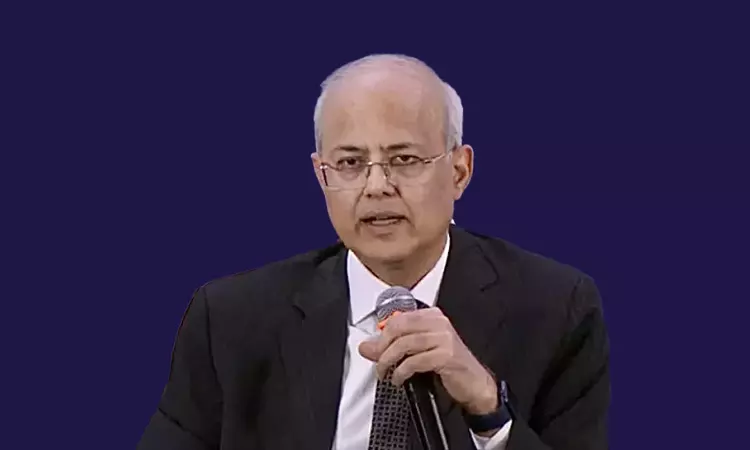Governments Not Deciding Issues, Leaving Them For Courts To Decide: Justice Manmohan On Pendency Of Cases
Nupur Thapliyal
9 Nov 2023 12:04 PM IST

Next Story
9 Nov 2023 12:04 PM IST
Speaking on the issue of pendency of cases, Delhi High Court judge, Justice Manmohan, on Wednesday said that the Union and State Governments are not deciding the issues and are leaving them to the courts to decide. Justice Manmohan added that the courts are getting a huge number of matters on public interest litigation which should not be within the judiciary’s domain but “will have to...
